
Alina Bárbara López Hernández rejects the Cuban state’s claim to be on the left.
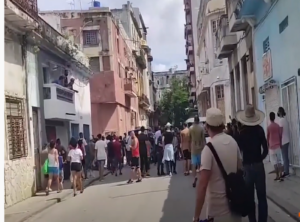
Lisbeth Moya González discusses how the international left can be in solidarity with the critical Cuban left.

Adolfo Gilly, one of the great Latin American left intellectuals of his time, has died at the age of 94.

While I admire the political values of these two scholars, I don’t find either of these books satisfying because they like many other authors perpetuate the romantic view of Ricardo Flores Magón.
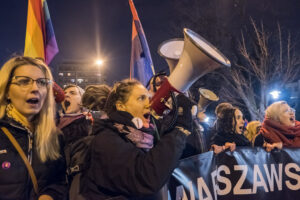
On Afary’s compelling case for socialist feminism as an urgent response to twenty-first century crises.
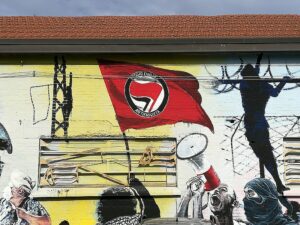
Wayne Price delineates and examines two complementary tendencies in libertarian socialist politics – a strategy of building alternate institutions and another based on revolutionary mass struggles.
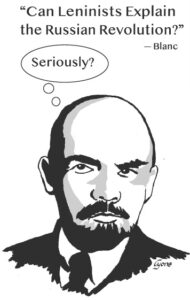
John Marot defends the interpretation of Lenin’s April Theses as the pivotal turning point for the Bolsheviks, countering Lars Lih’s and Eric Blanc’s historical narrative.

A critical examination of Trotsky’s evolving views on revolutionary morality and democracy in revolutionary movements.

The history of the Lanka Sama Samaja Party in Sri Lanka and its leading role in establishing workers’ councils across the public sector in the 1970s.

Michael Broz reviews Neil Faulkner’s book of Marxist analysis on the accelerating ecological and social crisis.
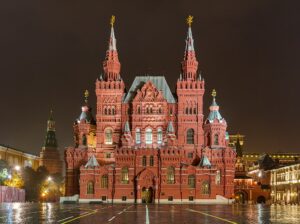
Peter Ranis reviews Ilya Budraitskis’s book on the history of left dissidents in Soviet and post-Soviet Russia.

Dilar Dirik, The Kurdish Women’s Movement: History, Theory, Practice (London: Pluto Press, 2022)
On November 20th, Turkey launched Operation Claw-Sword, a large-scale campaign of drone attacks killing civilians and militants in the predominantly Kurdish regions of Syria and Iraq.1 Then, in . . .
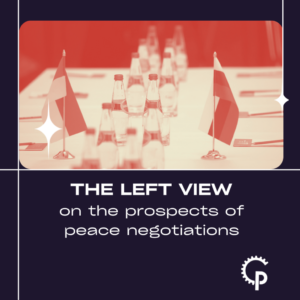
It is a precious recognition that negotiations in the understanding of the current Russian government can only take place as a continuation of accumulating multi-layered lies, which appears to be the foundation of the public communication strategy of the Putin regime.
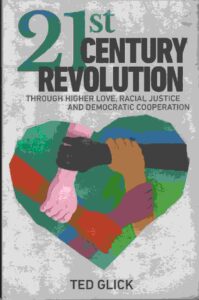
A review of activist Ted Glick’s case for a better world, based on higher love, racial justice, and democratic cooperation

On September 25 Italy will hold elections following the resignation of Prime Minister Pario Draghi and the concern is palpable.

A discussion of two recent books — by Peter Gelderloos and by Troy Vettese and Drew Pendergrass — on eco-utopian grassroots initiatives.

Michael Karadjis assesses and rejects the claim that China’s impressive poverty reduction makes it a socialist country.